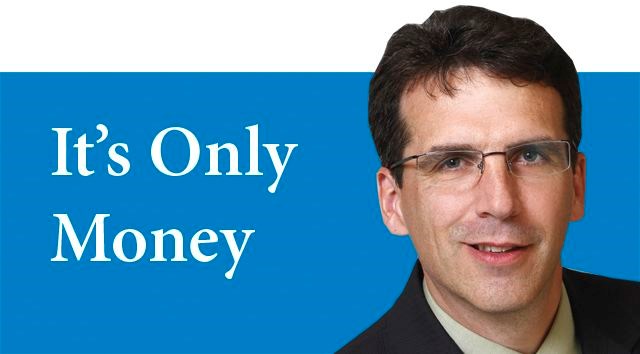Years ago a group of teachers started a commercial fishing company to keep them busy during the off season.
After a few years, the five men had made quite a success of the venture and were in port after a busy stretch off shore for a little rest and recuperation. Four of the five went ashore to numb their fatigue with food and drink, while the fifth, a family man, had a quick bite, grabbed a shower, called his wife on a payphone and tucked himself in to the berth on the boat for a good night's rest.
Earlier in the day, the boat had been unloaded and reloaded hastily and the ballast was off kilter somewhat. In his sleep, the boat listed to one side right there at the dock and sank to the bottom, drowning the father of four young children.
Death is not the tuxedo-clad gentleman depicted by Brad Pitt in Meet Joe Black, nor the compassionate narrator voicing over the heart-wrenching Book Thief story.
He is the bad-toothed uncle who shows up unannounced, looking for Sunday brunch. He is the writer's block of all half-written stories.
In this, the sixth of a six-part series on death and taxes, we wrap up a few details and summarize with the unexpected punch-line below.
First a small dangling bit on U.S. tax.
U.S. estate tax
As the legal representative, you should determine if the deceased has a U.S. estate tax liability. There are penalties under the U.S. Internal Revenue Code should a legal representative knowingly avoid filing a U.S. estate tax return. You are required to file a U.S. estate tax return for a deceased Canadian if they held at least US$60,000 of U.S. situs assets at the time of their death even if there is no U.S. estate tax liability.
If U.S. estate tax was paid to the IRS, then in certain circumstances it may be possible to claim a foreign tax credit on the deceased's final Canadian income tax return for the U.S. estate taxes paid to minimize double taxation.
Swallowing camels
Frankly the minutia of all these death and tax regulations all seem a bit gnat-straining in contrast to the much weightier issues of 1) The largest creditor you never knew you had and 2) Estate liquidation timing.
The largest creditor ever - usually
Think of all the tax sheltering we might cloister our savings in over a lifetime of careful planning:
RRSPs and RIFs.
Regular investment accounts with yet-to-be triggered capital gains.
Private shares of your business, the initial value of which might have been very small, but has grown over a lifetime.
Investment real estate with unrealized capital gains.
Other invested assets that have grown in value.
Other than the case of a spousal rollover, all of these taxes will be triggered the day of your death. For any who have been fortunate enough to have these values grow over time to a handsome sum, the taxes due on death can be staggering.
So what? The kids will be richer that day than Disney after Mickey. Who cares if they have to pay the government a hockey bag full of thousand dollar bills?
Timing
The best investors benefit from a long-term view of markets. They sleep in the comfort of paid-for homes, while markets fluctuate up and down, knowing that in the long run, they are better off taking at least a little risk.
Problem is the CRA has all the patience of a child with a gun doing the pee dance. When death triggers taxes, assets must be sold to generate payment. But markets and death are both on a random walk, and the result might mean you selling assets at the worst possible time because the kid has a gun and is going to pee or worse like right now.
The I-word
There is far too little room in this space to write meaningfully regarding this potential answer, and it is not for everyone, but insurance is for some a very potent solution.
This is not the insurance that we think about when we think about insurance. It's not about whether or not the beneficiaries will be able to make rent without it. But this is a very advantageous class of assets in terms of tax treatment.
It is a pool of tax-paid funds that can be drawn upon with some perfectly legal and legitimate bells and whistles for just such cases as these. It is a discussion worth having, which will cost you a little time, and a little head-scratching, but is undeniably one of the most powerful wealth planning tools out there for high net worth individuals.
The information in this article is not intended to provide individualized legal or tax advice. Post-mortem tax planning can be complicated. It is prudent to seek assistance from a qualified tax and legal advisor.
Mark Ryan is an advisor in Prince George with RBC Wealth Management Financial Services Inc., and can be reached at [email protected].



